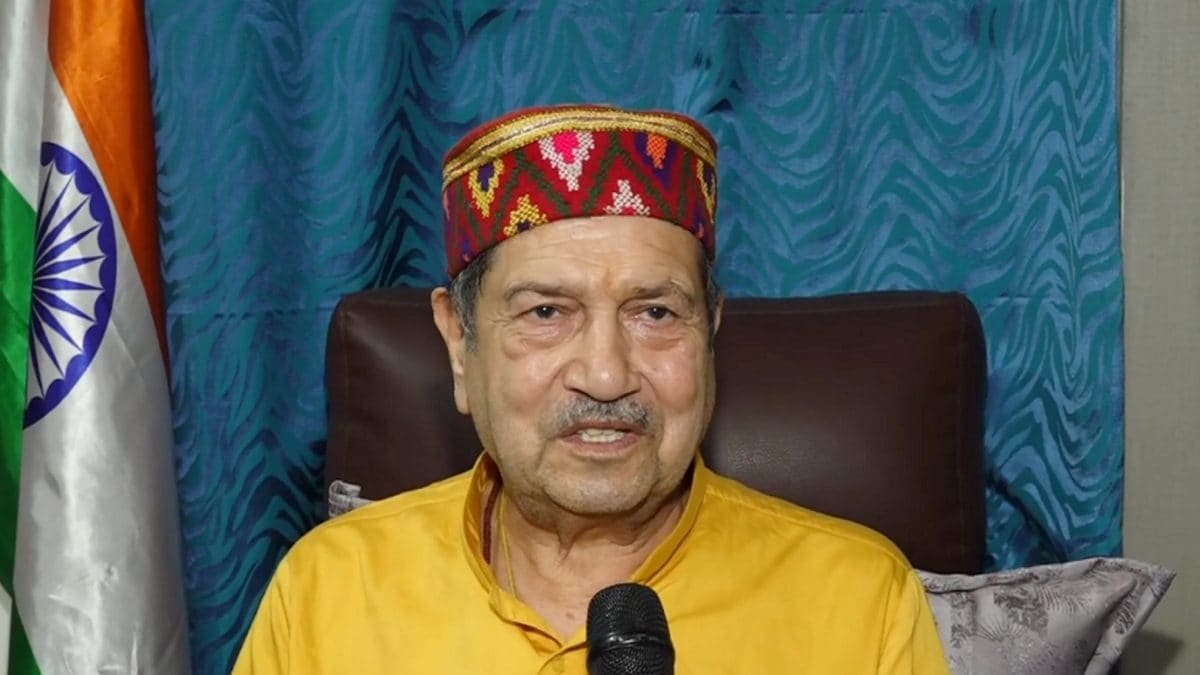The Rashtriya Swayamsevak Sangh (RSS), a right-wing Hindu nationalist organization in India, has been embroiled in controversy for its alleged role in promoting Hindu supremacy and intolerance towards other faiths. In recent years, the organization has faced criticism over its involvement in incidents of cow vigilantism and mob lynching, often targeting minority communities. Despite these criticisms, RSS leaders maintain that the organization is committed to interfaith harmony and inclusivity.
RSS Stresses Peace and Harmony
Indresh Kumar, a senior RSS functionary, has stated that the organization believes in peaceful coexistence of different faiths and communities in India. He asserted that there should be “no man lynching and no cow lynching”, emphasizing the need for sensitivity towards all members of society. Kumar’s statement is a direct response to the growing concerns over violence and intolerance against minorities in the country, which have often been attributed to the RSS and its political arm, the Bharatiya Janata Party (BJP).
He further emphasized the RSS’s belief in the acceptance of diverse religions, but warned against religious fanaticism and the violence it can lead to. He urged individuals to follow their own faiths while respecting all other belief systems. Kumar’s remarks highlight the RSS’s commitment to preserving religious pluralism, an aspect of Indian society that is often at odds with the organization’s history of promoting Hindu nationalism.
Condemnation of Cow Lynching and Man Lynching
Kumar acknowledged the sensitivity surrounding cows in Indian society and urged the creation of an environment where “no cow lynching and no man lynching” occurs. He recognized that consumption of meat is prevalent in many parts of the world and India, but called for tolerance and empathy towards those who hold different beliefs. This statement reflects a nuanced approach, acknowledging the reality of cultural and religious differences while promoting a shared responsibility for upholding law and order and ensuring the safety of all citizens.
RSS Supports Caste Census and Combating Casteism
While emphasizing the need for religious harmony, Kumar also reiterated the RSS’s stance in favor of a caste census, a contentious issue in Indian politics. He stated that “What honourable Mohan ji [RSS chief] has said is a view held by cent per cent volunteers of RSS. Caste is a reality which we cannot wish away.” The RSS’s support for a caste census, which aims to collect data on the population distribution of different caste groups, signifies a recognition of the persisting social divisions based on caste.
Kumar further underlined the RSS’s commitment to combatting casteism, terming it “a venom” that needs to be eradicated. The RSS’s stance on caste, while acknowledging its reality, underscores its focus on tackling the inequalities and injustices arising from the caste system. This position aligns with the RSS’s broader objective of creating a cohesive Hindu society, while simultaneously recognizing the need for inclusivity and addressing historical and social inequalities.
RSS’s Focus on Unity and Compassion
In conjunction with the RSS’s call for interfaith harmony, Kumar also highlighted the organization’s focus on social harmony and unity within the Hindu community. He mentioned a state-wide program launched by “Pancham Dham”, a cultural organization with links to the RSS, aimed at creating a society free from riots, caste-based discrimination, and marked by compassion for the poor.
The program, which is planned to conclude with a fortnight-long ceremony in Patna coinciding with Sant Ravidas’s birth anniversary and Maha Shivratri, is envisioned to foster unity and address issues of social justice within the Hindu community. This initiative, along with the call for religious and caste-based harmony, exemplifies the RSS’s desire for a cohesive and equitable Hindu society.
Analyzing the RSS’s Statements
The RSS’s pronouncements on religious harmony and social unity are significant considering the organization’s history and its alleged involvement in incidents of communal violence and hate crimes. While the organization has reiterated its commitment to peaceful coexistence, critics remain skeptical about the sincerity of these pronouncements, particularly in the context of growing polarization in Indian society.
The RSS’s rhetoric has been interpreted by some as an attempt to deflect criticism and maintain a positive public image, while simultaneously pursuing its agenda of promoting Hindu supremacy. The RSS’s support for a caste census, although seemingly progressive, can be seen as a calculated move to appeal to a wider cross-section of Hindus and address the concerns of Dalits and other marginalized communities.
Ultimately, the sincerity of the RSS’s pronouncements can only be judged by its actions and its commitment to inclusivity and social justice in practice. The organization’s pronouncements serve as a window into its shifting priorities and its attempt to navigate a complex social and political landscape in India.
Takeaway Points
- The RSS’s assertion of commitment to peaceful coexistence and condemnation of lynching points towards a shift in rhetoric, acknowledging the sensitivity around interfaith relations and social violence.
- The RSS’s support for a caste census and its emphasis on combating casteism signal its acknowledgement of social inequalities and its desire to address them within the Hindu community.
- The organization’s initiative to create a society free from riots, caste-based discrimination, and marked by compassion for the poor is a reflection of its desire to build a united and equitable Hindu society.
- While the RSS’s pronouncements might represent a shift in rhetoric and a desire for social harmony, their sincerity remains under scrutiny, requiring concrete actions to demonstrate a genuine commitment to inclusivity and justice.
- The RSS’s future actions and their implementation of these stated principles will be crucial in determining the organization’s genuine commitment to building a tolerant and inclusive society in India.




